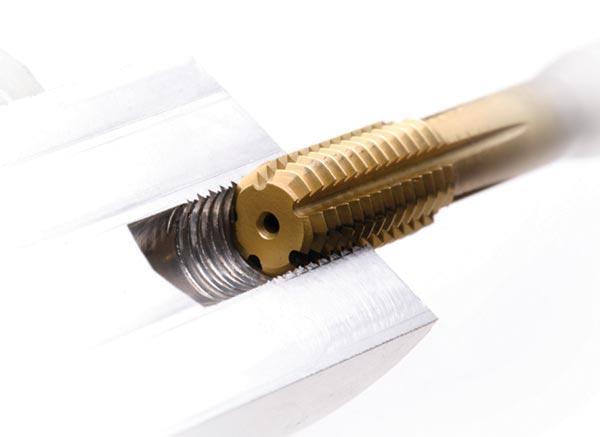Threaded holes are a crucial feature in precision engineering, playing a vital role in the creation of complex systems and mechanisms. In this article, we will explore the importance of threaded holes in precision engineering and why they matter.
What are Threaded Holes?
Threaded holes are holes that have been drilled and then threaded using a tap or a die. The threads in the hole provide a secure connection between components, allowing them to be joined together with a screw or bolt. Threaded holes are commonly used in precision engineering applications, where high accuracy and precision are required.
Importance of Threaded Holes in Precision Engineering
Threaded holes are essential in precision engineering because they provide a secure and reliable connection between components. This is particularly important in applications where high stresses and loads are involved, such as in aerospace and automotive engineering. Threaded holes also allow for precise alignment and positioning of components, which is critical in precision engineering.
Role of Threaded Holes in Complex Systems
Threaded holes play a critical role in the creation of complex systems and mechanisms. They are used to connect components together, forming a strong and rigid structure that can withstand high stresses and loads. Threaded holes are also used to attach components to a base or a frame, providing a secure and stable foundation for the system.
Precision and Accuracy
Threaded holes require a high degree of precision and accuracy to ensure that they are properly aligned and positioned. This is particularly important in precision engineering applications, where small errors can have significant consequences. The use of advanced manufacturing techniques, such as computer numerical control (CNC) machining, can help to ensure that threaded holes are created with the required level of precision and accuracy.
Materials Used for Threaded Holes
Threaded holes can be created in a variety of materials, including metals, plastics, and composites. The choice of material will depend on the specific application and the required properties of the threaded hole. For example, metals such as steel and aluminum are commonly used in precision engineering applications, while plastics and composites may be used in applications where weight and corrosion resistance are important.

Advanced Threaded Hole Technologies
There are several advanced threaded hole technologies that are being developed and used in precision engineering applications. These include the use of advanced materials, such as nanomaterials and metamaterials, and the development of new manufacturing techniques, such as 3D printing and laser machining. These technologies have the potential to create threaded holes with improved properties and performance.
Conclusion
In conclusion, threaded holes are a critical feature in precision engineering, providing a secure and reliable connection between components. They play a vital role in the creation of complex systems and mechanisms, and require a high degree of precision and accuracy to ensure that they are properly aligned and positioned. The use of advanced manufacturing techniques and materials can help to create threaded holes with improved properties and performance, and there are several advanced threaded hole technologies that are being developed and used in precision engineering applications.




